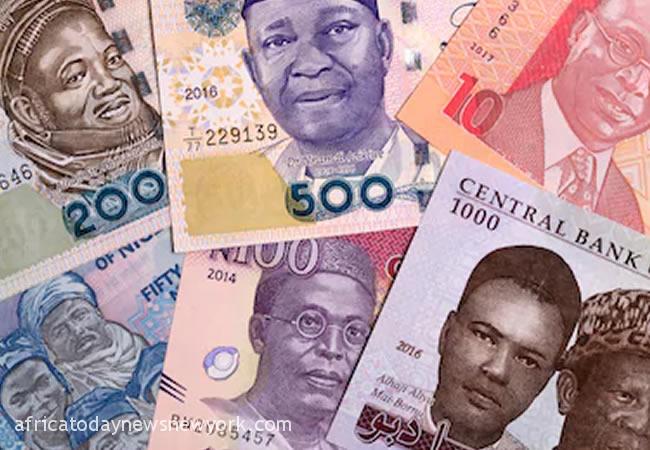According to the World Bank’s latest Commodity Markets Outlook report, the shrinking value of the Nigerian naira and currencies of most developing economies are driving up food and fuel prices in ways that could deepen the food and energy crises that many of them already face.
Africa Today News, New York reports that n US dollar terms, the prices of most commodities have declined from their recent peaks amid concerns of an impending global recession, the report documented.
It further pointed out that from the Russian invasion of Ukraine in February 2022 through the end of last month, the price of Brent crude oil in US dollars fell nearly six percent. Yet, because of currency depreciations, almost 60 percent of oil-importing emerging market and developing economies saw an increase in domestic-currency oil prices during this period.
Read Also: Rate Hikes May Cause Recession, World Bank Warns Nigeria
According to the Washington-based bank, nearly 90 per cent of these economies also saw a larger increase in wheat prices in local-currency terms compared to the rise in U.S. dollars.
It said elevated prices of energy commodities that served as inputs to agricultural production have been driving up food prices.
During the first three quarters of 2022, studies by the World Bank Group showed that food-price inflation in South Asia averaged more than 20 per cent. Food price inflation in other regions, including Latin America and the Caribbean, the Middle East and North Africa, Sub-Saharan Africa, and Eastern Europe and Central Asia, averaged between 12 and 15 per cent.’
Africa Today News, New York reports that recently, the World Bank Group has warned Nigeria as well as other developing economies that simultaneous rate hikes in response to increasing inflationary pressure may trigger a global recession and a string of financial crises.
In its new study titled “Risk of Global Recession in 2023 Rises Amid Simultaneous Rate Hikes,” the Washington-based bank said the currently expected trajectory of interest-rate increases and other policy actions might not be sufficient to bring global inflation back down to levels seen before the pandemic.
Central banks around the world have been raising interest rates this year with a degree of synchronicity not seen over the past five decades—a trend that is likely to continue well into next year, according to the report.

